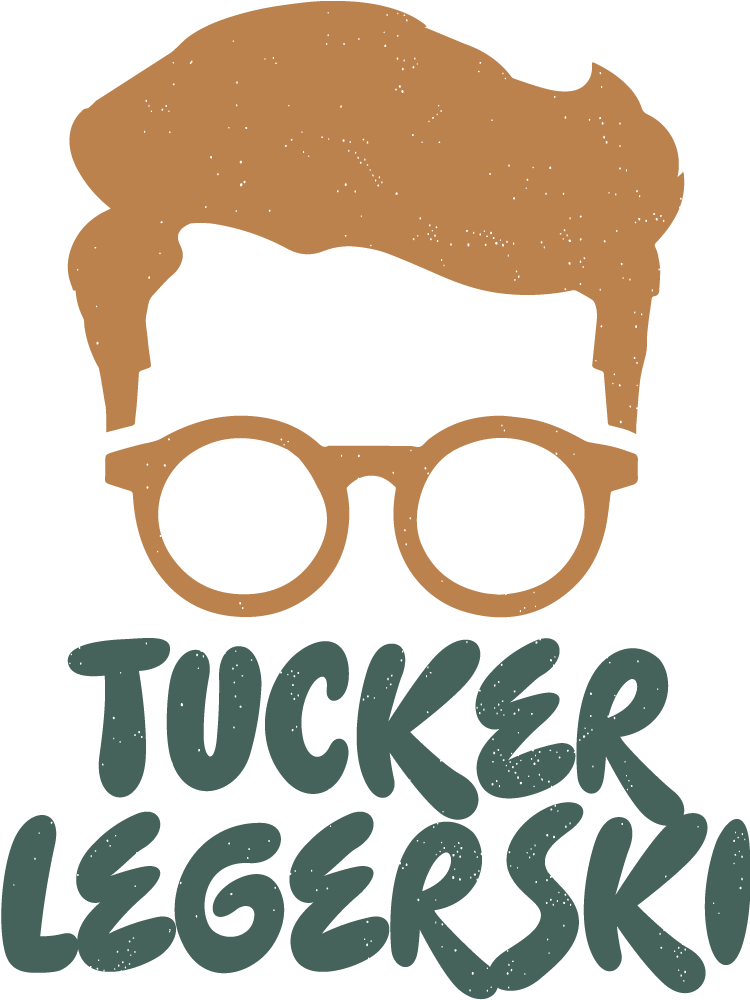Tom Scocca's health — editing is a skill

Tom Scocca is an accomplished writer and editor. He's been a live battery for the indie outlets such as Gawker, Awl, Defector, Slate and now Integrity. Back in 2013, Malcom Gladwell once called these type of outlets belonging to the "literary Internet." Perhaps, this is where all the literary energy went. Something I can attest: professors in creative writing programs and literary corners weren't talking about these outlets. Literary meant something different: journals (some of these are great!), classics, cult favorites, traditional publishing routes.
It's the internet I missed, being I was out doing Peace Corps, traveling, anti-tech, and that meant being offline. I was busy writing and not writing. Unsure where I fit or how to develop these skills, or how to apply them to jobs.
I wasn't around people or places who talked about posting online. I was always told about the legacy route — pitch and hope some day someone publishes.
So, I am 10+ years late discovering the likes of Tom Scocca, but I am glad I did. After becoming a recent subscriber, I came across his excellent first-person piece in New York Magazine about how he developed a medical condition that caused exhaustion, falling, and his body attacking his muscles.
It's poor health that launches him on a quest to solve the problem — all the while his struggles to find a job, support his family. This 6K word piece highlights that thin line between security and insecurity and how health breaks that wall in an instant, or a slow constant yank.
A writer of Tom's experience even struggles to find a job, and this makes it all the more damning to work in media — to aspire to write.
Beyond putting and shuffling words, there was the looming medical quest that didn't have a clear ending. As he writes:
Medicine hasn’t really solved for the body attacking itself. Since the inflammation first brought me to the rheumatologist months before, I’d been quietly bracing for an answer that wouldn’t feel like an answer. An authoritative-sounding name like scleroderma would come up, and Googling would fill in non-detail details like “no cure” and “symptoms vary” and “don’t know exactly what causes this process to begin.” The thing that had taken me apart was something rare and diffuse, its effects almost certainly melded with those of the coronavirus. I was on my own with it. I was three weeks behind on a freelance editing gig, and November’s bills were cycling into view. In January, an endocrinologist had an opening to see about my thyroid.
Some problems stay like that. They stay floating like some knot in the brain. You can't untie it. You may not. So you learn to live with it, somehow.
As for the problem of journalism, Tom offers one silver of hope in an interview: "People do still want it. People want to know true things about the world around them."
Here's some other reads and listens on Tom and editing skills.
- On Smarm, his classic essay on rhetoric in the 2010s. A good piece of media.
- An interview with labor journalist Hamilton Nolan soon after his medical piece.
- The end of Awl, a media outlet that rose and fell in the 2010s, and one Tom worked at. A place where he started weather reviews. An idea, I wish to incorporate into my own blog (See below).
- Another interview on Long Lede's Depth Perception.(Great set of interviews with journalists).
- Because Tom is an editor, I feel this conversation of Ezra Klein and Adam Moss explains why editing matters most. Editor's have a special skill to react to what they read, hear, watch — they have to develop that sensitivity — and I believe it's a real skill that can be developed. The editorial process is vital to making good media — on any level.
Weather and day yesterday August 9th, Friday:
I started this day in Beulah, Colorado. The morning brewed cool and misty — a stream of smothering air that snaps you to the moment. Giant fog covered the mountain tops as if the sky shrunk down to earth. It’s hot beverage and jacket weather. Cold, trapped in the 60s and high 50s; I felt domed and wrapped in this cloudy August day.
It’s like this as we charge up this backbone of CO infrastructure — I-25 up to Denver. That old train town, on the edge of the plains and mountain worlds. For 15 years it has been a guzzle of growth, tech, commercial weed, an escape and perceived paradise, a population zip line for many. From it's dusty gold mine and train stop days in the late 1800s, Denver, like many Colorado days, evolves. Soon, rain falls. Tiny ripples and puddles, the smell of rain on concrete has a word — petrichor. It fills the urban landscape. And after a while, the sun eventually pokes through, brief commercial breaks of sunlight and warmth; reminder breaths that it’s still August.


Member discussion